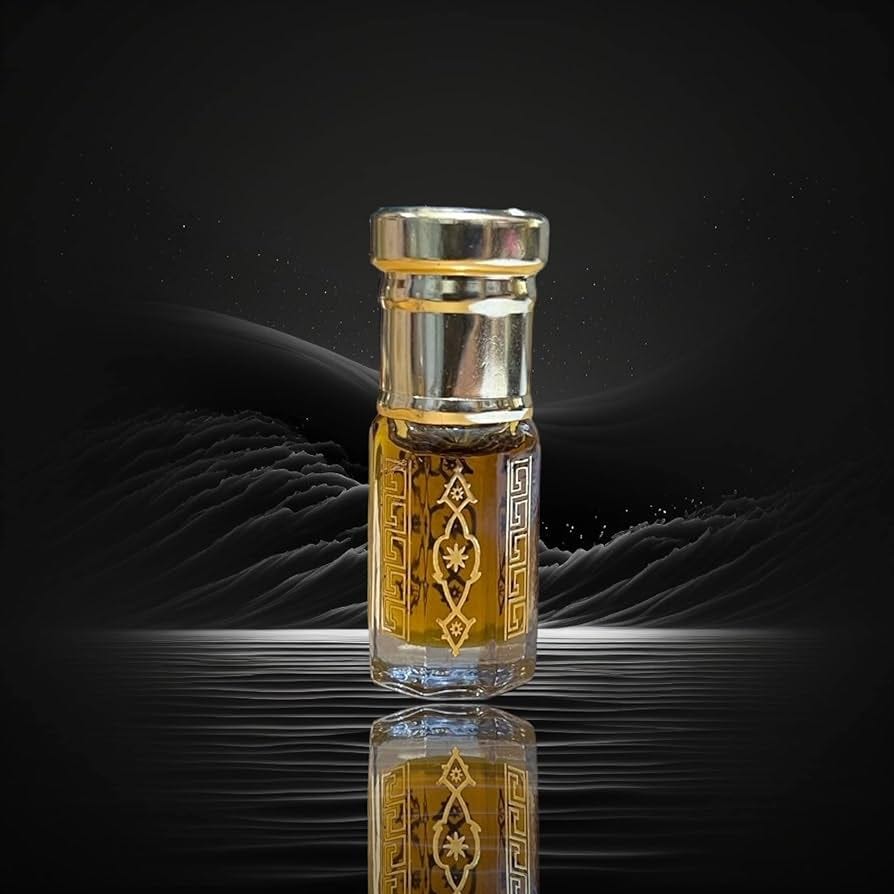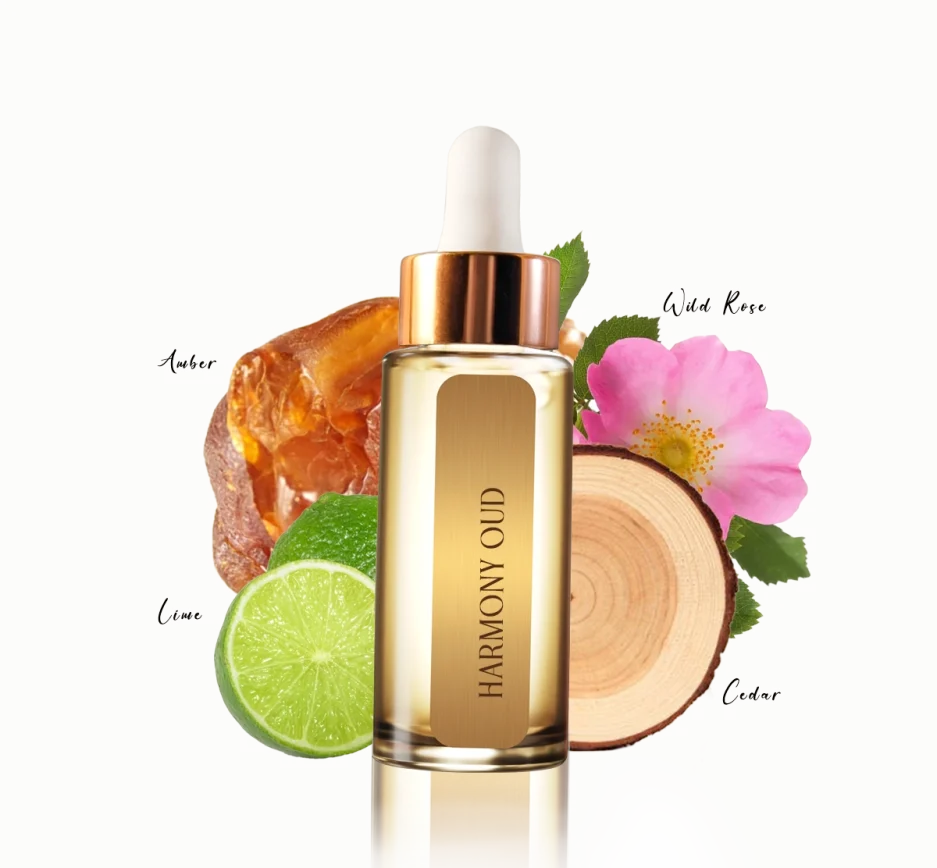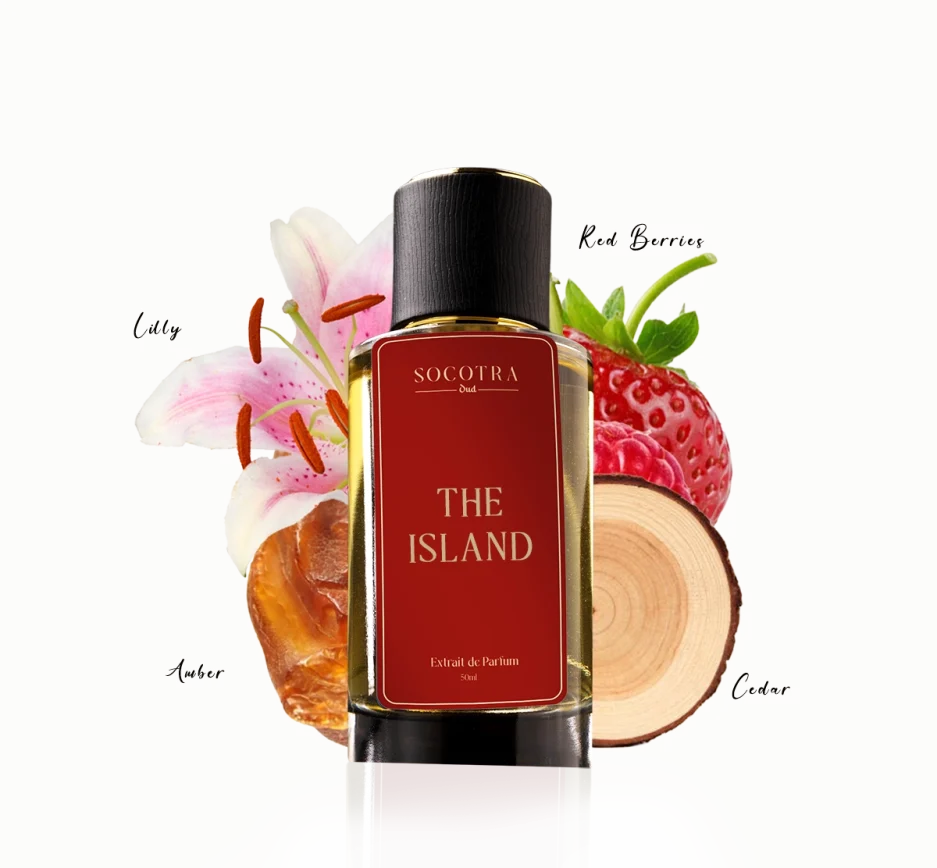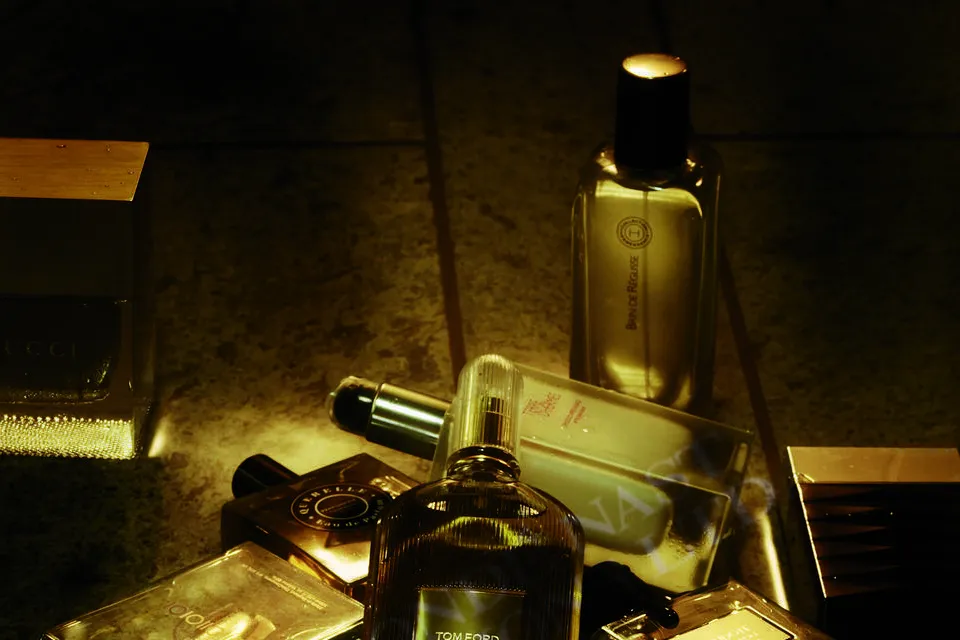Arabian perfume oils, with their captivating fragrances and rich cultural heritage, have been a timeless treasure in the world of perfumery. Steeped in history and tradition, these perfumes are more than just scents – they are a reflection of the artistry and craftsmanship that have been passed down through generations. In this blog, we’ll delve into the enchanting world of Arabian perfume oils, exploring their origins, cultural significance, and the aromatic notes that make them truly unique.
II. What is Arabian Perfume Oil?
Arabian perfume oil, also known as attar or ittar, is a concentrated fragrance derived from natural ingredients such as flowers, herbs, and spices. Unlike alcohol-based perfumes, Arabian perfume oils are alcohol-free, making them long-lasting and suitable for those with sensitive skin. The art of crafting these perfumes dates back centuries, with traditional methods involving distillation and meticulous blending to achieve the perfect olfactory symphony.
III. The Cultural Heritage of Arabian Perfumes
Arabian perfumery is deeply rooted in cultural traditions, playing a significant role in various ceremonies and rituals. Perfumes are often associated with hospitality and are an integral part of social customs in many Arab societies. Historical figures and tales of ancient civilizations further contribute to the mystique surrounding Arabian perfumes. Renowned perfume houses, such as Ajmal, Amouage, and Rasasi, continue to carry the torch of this cultural heritage, creating fragrances that resonate with tradition while embracing modern sensibilities.
IV. Popular Fragrance Notes in Arabian Perfume Oils
Arabian perfume oils are celebrated for their diverse and exotic fragrance notes. Oud, rose, jasmine, saffron, and amber are just a few of the ingredients that lend their distinctive scents to these perfumes. Oud, in particular, is a precious and highly sought-after note derived from the agarwood tree, adding depth and complexity to many Arabian fragrances. The careful selection and combination of these notes contribute to the allure of Arabian perfume oils.
V. Benefits of Arabian Perfume Oils
Arabian perfume oils offer a multitude of benefits that set them apart from other types of fragrances. One of the key advantages is their exceptional longevity. Thanks to the absence of alcohol, these oils slowly release their captivating scents over an extended period, making them a preferred choice for those who appreciate a fragrance that lasts throughout the day. Additionally, the use of natural ingredients in Arabian perfume oils may provide potential aromatherapeutic benefits, promoting a sense of well-being and connection with nature.
VI. How to Choose the Right Arabian Perfume Oil
Selecting the perfect Arabian perfume oil requires a thoughtful approach. Consider factors such as personal preferences, the occasion for wearing the fragrance, and the desired intensity. When testing different oils, allow them time to evolve on your skin, as their scents may change over the course of a few hours. Pay attention to how the fragrance complements your body chemistry and resonates with your senses. Whether you prefer floral, woody, or oriental notes, there’s an Arabian perfume oil to suit every taste.
VII. Top Picks: Must-Try Arabian Perfume Oils
Oud Al Sahraa by Swiss Arabian: This fragrance captures the essence of the Arabian desert with its warm oud and amber notes, evoking a sense of mystery and sophistication.
Musk Malaki by Ajmal: A blend of musk, rose, and ambergris, Musk Malaki offers a luxurious and long-lasting scent that is both sensuous and captivating.
Hajar Aswad by Rasasi: Hajar Aswad combines the richness of oud with spicy and floral notes, creating a distinctive and opulent fragrance.
These are just a few examples of the many exquisite Arabian perfume oils available. Each one tells a unique olfactory story, inviting you to explore the rich tapestry of scents crafted by skilled perfumers.
VIII. Care and Storage Tips for Arabian Perfume Oils
To ensure the longevity of your Arabian perfume oils, it’s essential to handle them with care. Store the bottles in a cool, dark place away from direct sunlight, as exposure to light and heat can alter the fragrance. Seal the bottles tightly to prevent evaporation, and avoid transferring the oils to other containers, as this can compromise their quality. With proper care, your Arabian perfume oils will continue to delight your senses for an extended period.
Takeaway
In conclusion, Arabian perfume oils encapsulate the essence of a rich cultural heritage, offering an olfactory journey that transcends time. The meticulous craftsmanship, unique fragrance notes, and centuries-old traditions contribute to the allure of these perfumes. As you explore the world of Arabian perfume oils, you not only engage with exquisite scents but also connect with the stories and traditions woven into each bottle.
Elevate your presence with Socotra Oud, the expert curator of Arabian perfume oil that whispers tales of luxury and sophistication.



